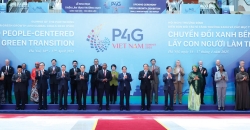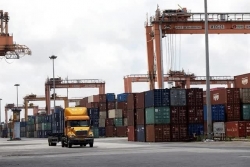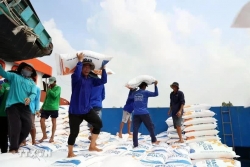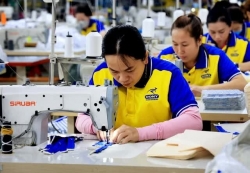
Vietnam’s organic agriculture: Steady growth amid persistent challenges
Latest
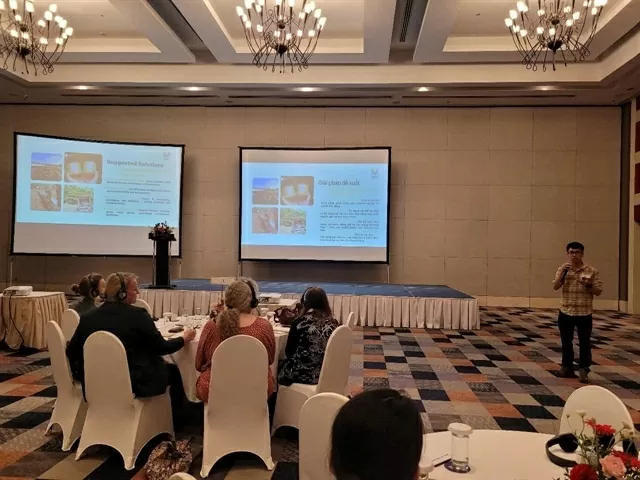 |
| Seminar on Organic Agriculture Development in May 16 was co-held by the Ministry of Agriculture and Environment and the Danish Embassy in Hanoi. (Photo: VNA) |
Buying and producing organically is growing, according to experts in a seminar on Organic Agriculture Development in Hanoi on May 15, 2025.
Over the last few years organic agriculture production in Vietnam has made significant progress, with increasing cultivation areas and participation by more and more businesses and co-operatives, said Pham Van Duy, Deputy Head of Quality, Processing and Market Development Department.
Export values of organic agriculture products have reached about US$20 billion a year, accounting for 1.46% of the total export turnover of agro-forestry-aqua products, he said.
However, the development of organic agriculture remains patchy among regions nationwide, lacking value chain links and synchronous quality control, he added.
| More from WVR |
 Vietnam holds great potential for developing wedding tourism Vietnam holds great potential for developing wedding tourism |
Therefore, the seminar, co-held by the Ministry of Agriculture and Environment and the Danish Embassy, was a perfect space to encourage dialogue between stakeholders, as well as somewhere to share Danish policies, processes and implementation models in organic agricultural production and certification.
The forum heard real-life stories from pioneering domestic farms, and discussed practical initiatives and solutions to scale-up organic agriculture and improve efficiencies within the sector in Vietnam.
Mr. Truong Xuan Sinh, an expert from Reference Testing and Agrifood Quality Service Centre (RETAQ), said that the current organic cultivation area is about 174,000ha, accounting for 1.4% of the total agriculture domain.
Vietnam has a great potential for organic agriculture thanks to favourable natural conditions and an abundant labour force that helps grow many high competitive products such as rice, coffee, pepper, cashews, tea, tropical fruits and seafood, Mr. Sinh said.
Additionally, according to Mr. Sinh, participation into many international trade agreements also helps expand markets.
However, organic agricultural production in Vietnam is still facing many challenges in terms of policies, high production costs leading to high product prices, fragmented production, low technology and labour skills.
To make the sector attractive enough to draw investment from major firms, along with foreign direct investment (FDI), the sector needs a clear production zoning plan tailored for organic agriculture, he said.
Organic production should be linked with brand building, the green transition, sustainable food production, net-zero emissions goals and eco-tourism. These links will contribute to the long-term stability of organic agriculture and reduce associated costs, he added.
According to the experts, the key to successful organic agriculture lies in setting clear standards, ensuring transparent monitoring mechanisms and procedures, and raising awareness among both farmers and consumers.




